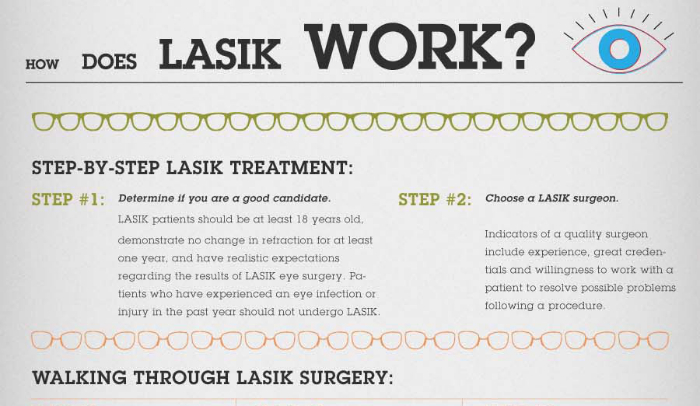Refractive Lens Exchange Explained: What Your Optometrist Isn't Telling You
Refractive Lens Exchange Explained: What Your Optometrist Isn't Telling You
Blog Article
Article Composed By-Hendricks Ludvigsen
Have you ever considered Refractive Lens Exchange (RLE) as an option for vision adjustment? While it isn't as commonly discussed as LASIK, RLE could be a game-changer for your sight. Many people forget its benefits, believing standard techniques are their only selection. Yet what are the real advantages, and what might your optometrist not be informing you regarding this procedure? Let's explore the ins and outs of RLE together.
Comprehending Refractive Lens Exchange: The Essentials
Refractive lens exchange (RLE) is a surgery that can considerably boost your vision, especially if you're taking care of presbyopia or serious refractive mistakes.
During RLE, your eye cosmetic surgeon eliminates your eye's natural lens and changes it with an artificial one customized to your vision needs. This treatment can remedy nearsightedness, farsightedness, and astigmatism, giving you more clear vision without depending on glasses or get in touch with lenses.
The surgical treatment is usually quick, taking less than an hour, and most people experience very little pain. Healing is relatively quickly, permitting you to return to your daily activities quickly after.
If you're taking into consideration RLE, talking to your optometrist can aid you establish if it's the right choice for you.
Key Differences Between RLE and Traditional Cataract Surgical Treatment
While both refractive lens exchange (RLE) and traditional cataract surgery entail replacing the eye's natural lens, their main objectives and client accounts vary dramatically.
RLE is focused on people seeking to minimize their dependence on glasses or get in touch with lenses as a result of refractive mistakes, usually before cataracts create. On the other hand, typical cataract surgical treatment typically targets people that have actually developed cataracts, which cloud the lens and hinder vision.
The lenses used in RLE can supply a more comprehensive range of vision correction, while basic cataract surgical procedure normally includes fundamental monofocal lenses.
Additionally, RLE prospects are typically younger and in excellent general wellness, whereas cataract people might be older and have other health problems.
Choosing the appropriate procedure depends upon your particular vision needs and situations.
Prospective Advantages and Factors To Consider of RLE
If you're considering refractive lens exchange (RLE), you'll locate several prospective advantages that may boost your lifestyle.
read what he said can supply you with clearer vision, lowering or removing the demand for glasses or contact lenses. It uses an opportunity to deal with presbyopia and various other refractive errors concurrently, often enhancing your total visual acuity.
Furthermore, RLE can be a wonderful alternative if you're not a suitable prospect for LASIK. Nevertheless, it is very important to weigh the factors to consider, like the cost, prospective dangers, and the recuperation period.
Discussing your details demands with your ophthalmologist can help you make an informed decision, ensuring you choose the very best path for your vision adjustment.
Final thought
In conclusion, refractive lens exchange uses a distinct option for vision modification that exceeds what LASIK can provide. https://www.africanews.com/2018/05/19/tanzania-lasik-surgery-introduced-in-dar-es-salaam/ to weigh the advantages versus possible dangers and expenses before choosing. Do not wait to ask your optometrist the hard inquiries to ensure you fully comprehend the treatment and its ramifications for your vision. With the best info, you can confidently select the most effective option for your eyes and way of living.
